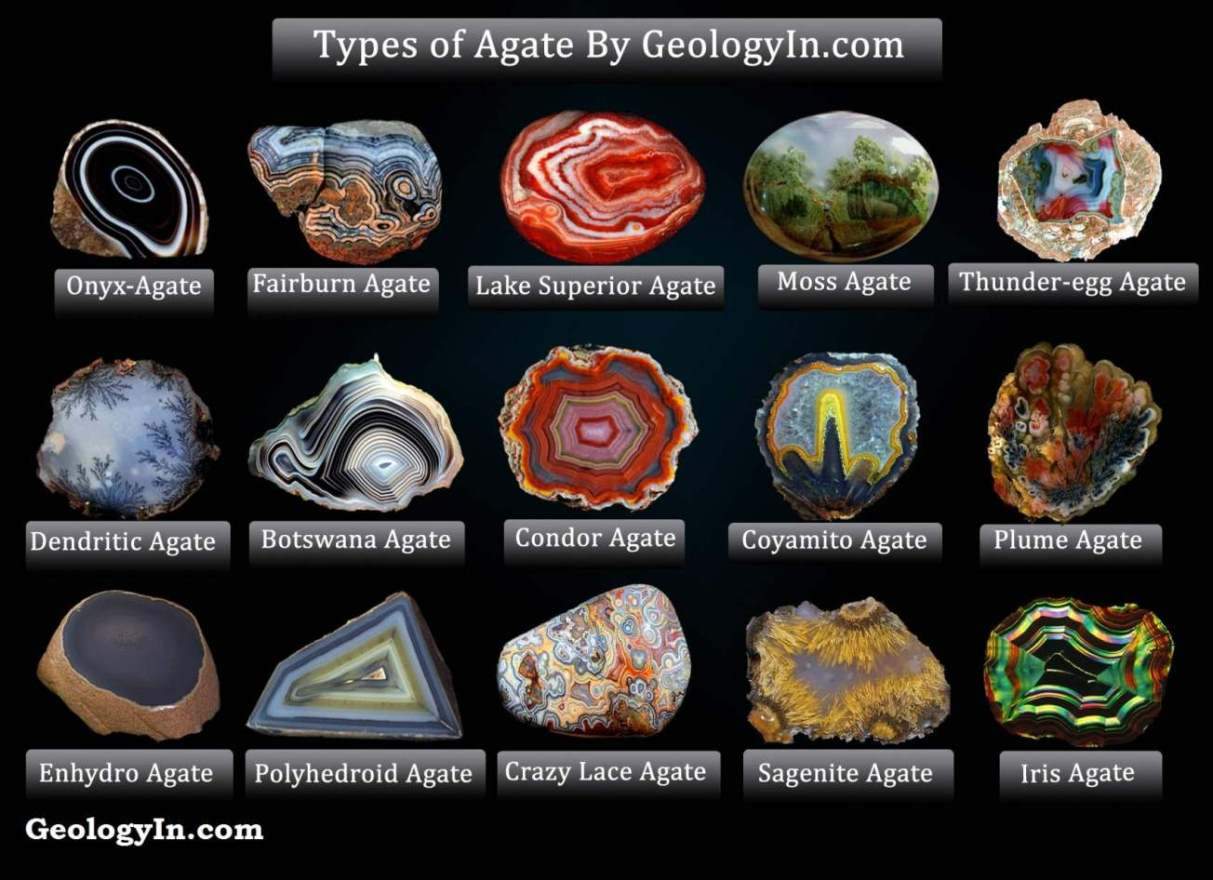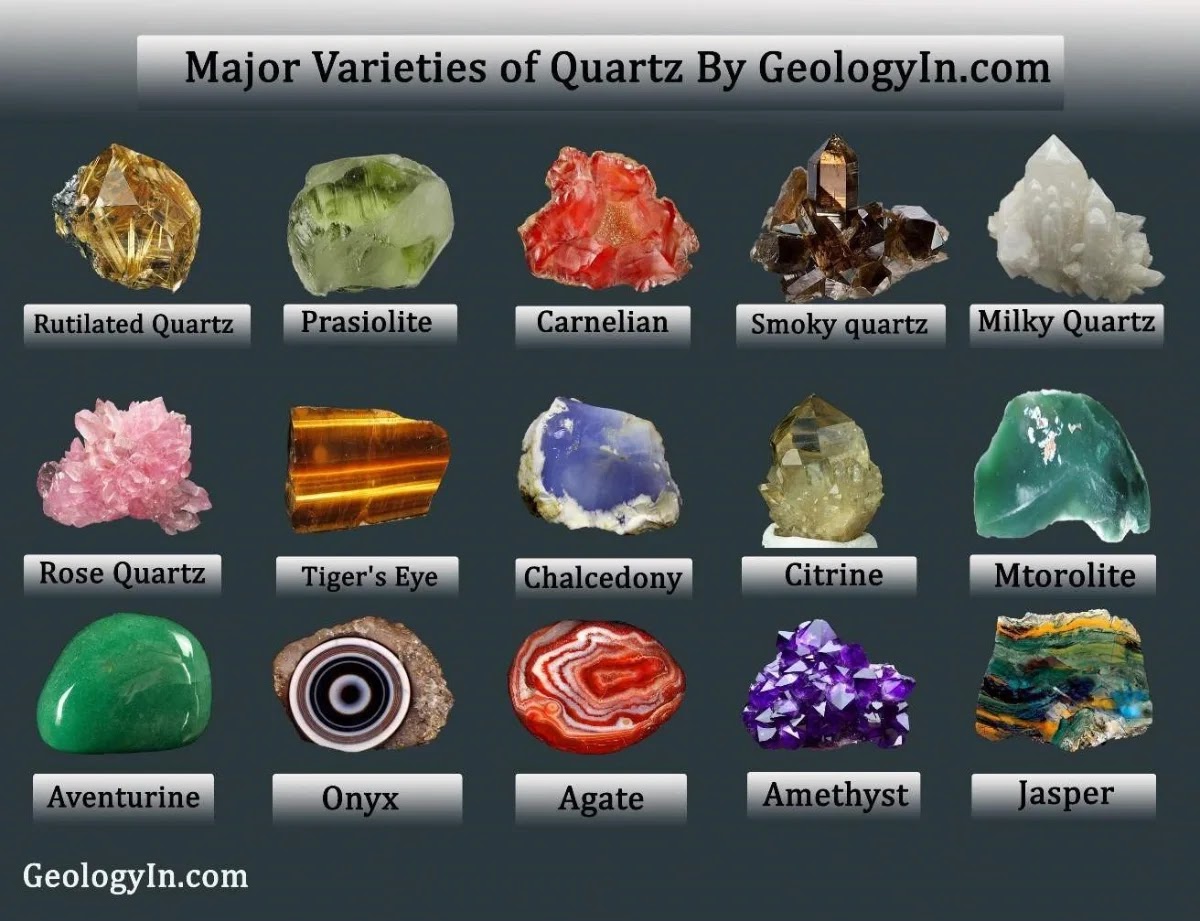Did Oil Kill the Dinosaurs?
 |
| A catastrophic asteroid strike was the main reason for dinosaur extinction, but had biodiversity not already declined they may have survived. |
Dinosaur extinction mystery solved? Asteroid hit oil field causing smoke that filled Earth's atmosphere
The asteroid that killed the dinosaurs might have done so by setting giant reserves of crude oil alight, shooting soot around the globe and turning vast regions of the Earth into deserts, according to a new analysis.
The authors of the hypothesis say it would also explain a key mystery left by previous theories: why the dinosaur’s amphibious cousins – the crocodilians – survived the mass extinction.
The leading theory for what caused the extinction of the dinosaurs was a huge asteroid that hit the Earth in present-day Mexico 66m years ago. But exactly how that triggered the mass extinction was unclear. Current thinking is that it did it by sending dust around the world, blocking out the sun, or by polluting the atmosphere with sulphates, causing harsh acid rain.
But if those things happened on such a large scale, it is hard to explain how anything survived at all. Crocodilans were large, and unable to take cover easily like small reptiles, mammals and birds. Without fur or feathers – and being cold-blooded – they would have been susceptible to changes in temperature.
The new theory put forward by Kunio Kaiho, from Tohoku University in Japan, and colleagues is that the asteroid hit a large oil reserve, setting it alight and shooting soot into the stratosphere. From there it spread around the globe, blocking light.
Their modelling of that scenario shows it would have created an abrupt change in the climate, cooling the globe and decreasing the amount of rain. They found the soot layer would have lasted for between two and five years, depending how much soot was ejected, and conditions would have returned to normal after about 10 years.
They also found that the climate changes were different at different distances from the equator. Further from the equator, extreme cooling and drying would have caused the extinction of both dinosaurs and crocodilians.
But the model found that closer to the equator there was drought but more mild cooling. The drought would have left land-based dinosaurs without a food source, as most plants temporarily died. But the riverine crocodiles could have continued to eat aquatic animals, most of which survived, since they don’t rely as much on land-based plants. And closer to the equator, the more mild cooling wouldn’t have been lethal to crocodiles.
Paul Wignall from the University of Leeds in the UK, who wasn’t involved in the study, said it was a “sophisticated analysis”.
“Early attempts at modelling this extinction produced scenarios that were so cataclysmic – years of total darkness – that it was hard to see how any life could have survived,” he said.
“This is a much more nuanced attempt to model the conditions after impact.”
Wignall said he was left wondering where the soot came from, since the rocks near the impact site don’t appear to be carbon-rich.
The authors said the asteroid would have burned the oil reserves that were there, leaving none to see today. But nearby oil reserves that were formed millions of years before the impact, were “indirect evidence” that there could have been an oil reserve where the asteroid hit.
Stephen Brusatte from Edinburgh University said: “What this study does show, very convincingly, is that throwing a lot of soot into the atmosphere can cause very rapid climate change, on the order of a few years.”
Brusatte said soot might have caused the extinction on its own, but he was not convinced that it did.
“Whenever a six-mile-wide asteroid hits your planet with the force of over a billion nuclear bombs, that’s a bad day. The asteroid also caused a heat pulse that would have fried the land immediately, volcanic eruptions, earthquakes and tidal waves. All of this together with soot would have been a hideous cocktail, and I’m not sure if any one of these things was more important than any other.”
The above post is reprinted from materials provided by the journal Scientific Reports.

%20(1).webp)






